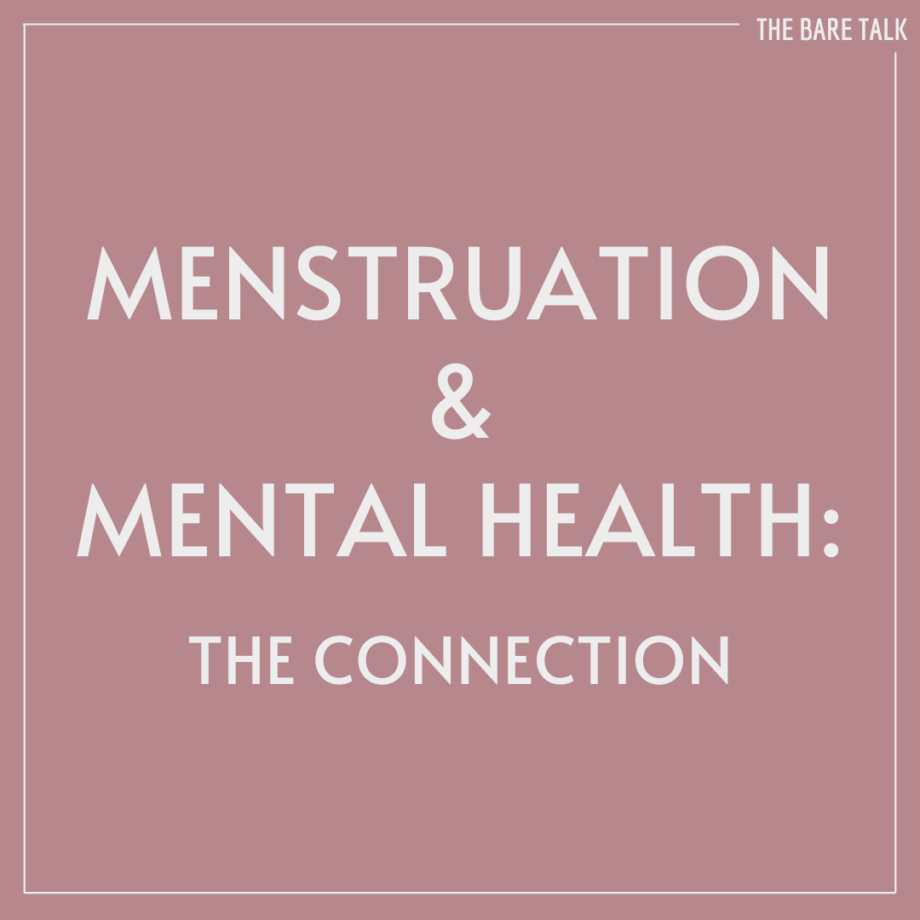Have your ever wondered why you often feel like an imposter, wanting desperately to feel happy about achieving a certain milestone in life, yet simply being unable to? Ever thought about why you feel a persistent fear of losing the love you receive from your friends or your partner? The answers to many such questions could be traced back to your experiences of being raised by a narcissistic parent. Living with a narcissistic parent is often rather isolating, where you are most likely unaware of even being subjected to narcissistic abuse. Victims of a narcissistic parent often find themselves suffering through a gamut of mental health issues while also dealing with the shame and fear of being frowned upon for speaking up against a parent.
HOW TO IDENTIFY A NARCISSISTIC PARENT?
A narcissistic parent is often characterised by their need to be in control of their child’s life at all times, an inflated sense of self importance, emotional manipulation, gaslighting among several other defining signs.
Here are some of the signs which can help one identify whether they are dealing with a narcissistic parent:
Inflated sense of self and arrogant behaviour
They tend to believe that they could do no wrong and know what is the best for you in any given situation. Questioning their judgements and decisions for your life makes you a fraud in their eyes, one undeserving of their goodwill. They often try to make everything about themselves, even staking claim on all your biggest accomplishments. They are largely occupied with their own interests and career, which could lead to neglecting the emotional needs of their children.
Conditional love
They may withhold any form of affection as a way of instilling fear of losing their love, especially anytime they feel slighted by you for not adhering to their wishes and demands.
Guilt tripping
Tapping into the guilt associated with any perceived deviation from filial piety is a common manipulation tactic for a narcissist parent. They can often guilt trip you into believing that you are ungrateful for not wanting to do everything they demand of you.
Obsessing over the image of a perfect family
They thrive on the admiration that comes with having a seemingly picture perfect family life. But they can be a real Jekyll and Hyde, where their ugly parts get unleashed only within the safety of home.
Avoiding responsibility for their hurtful actions and words
Narcissistic parents tend to lack empathy. They distance themselves from the effects of their actions, by either claiming that they were right in what they did and you deserved it, or abating the severity of the hurt you have sustained. They may even cause you to doubt your own feelings and recollections of painful events of the past by simply denying their involvement or declaring it not significant enough to be remembered. Accepting their mistakes takes some level of emotional maturity and humility which they likely do not possess.
Insulting you to lower your confidence
They will find ways to humiliate you and diminish your achievements, both in private and publicly, which can be a severe blow to your self confidence. You may find yourself searching for your sense of fulfilment in the validation you seek from them.
Lack of understanding of boundaries
They can have a tendency to overstep your personal boundaries because they might find boundaries to be pointless. They feel entitled to ultimate control over your life. Any of your attempts to retaliate against this notion often leads to a barrage of hurtful words and temper tantrums, on their part.
Constant need for validation
They always expect praise for even their smallest efforts. They will also insist that you understand their hurt emotions while dismissing your own, thereby making themselves the centre of attention in any such conversation.
Pitting children against each other
They also have the tendency to show preference to another child in a bid to show what you are missing out on, thereby keeping you constantly on your toes, working for the same stamp of approval your sibling receives.
Recognizing narcissistic behaviors in a parent can be painful, but it’s also the first step toward healing. By understanding these patterns, you’re taking control of your story and giving yourself the power to set boundaries, prioritize your emotional well-being, and build healthier relationships.
In our next blog, we’ll talk more about how to cope with the effects of living with a narcissistic parent. Additionally, therapy and support groups can provide invaluable tools for navigating this difficult terrain. You could start by seeking professional help or connecting with communities who understand your experience. It’s never too late to rewrite your narrative. Remember, you’re not alone.
If you or someone you know needs support in navigating this journey and would like to book a session or a free 15-min consultation with us, you can do so here 🙂



